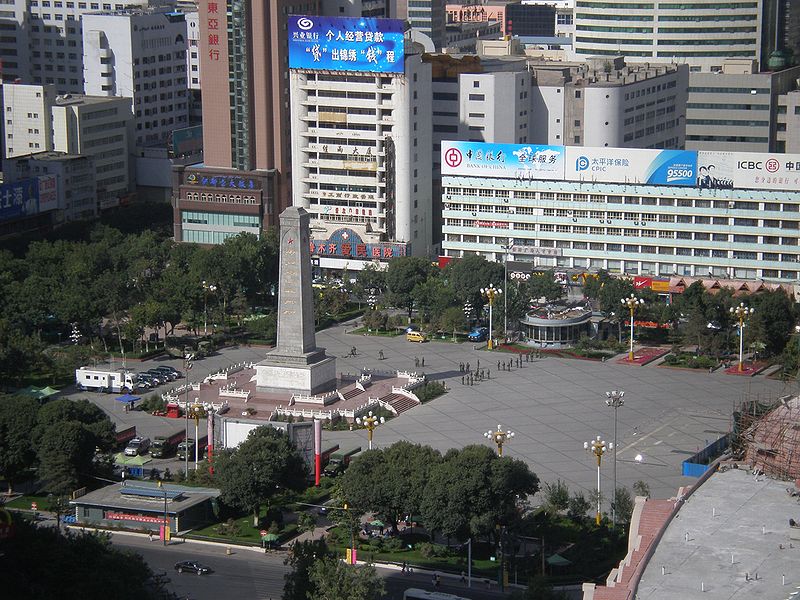
By Jason Patrick
On 23 May, Beijing announced the commencement of a campaign designed to curb terrorist activity emanating from the restive Xinjiang Uighur Autonomous Region, according to the state-run Xinhua news agency. Although the details of the yearlong plan are unclear, Chinese officials stated the campaign would be a whole-of-government effort, leveraging the combined capabilities of the political, legal, and armed security forces.
As of Friday, security forces in the region’s capital city, Urumqi have tightened security checkpoints in an effort to curb weapons smuggling. Separately, two commercial banks halted U.S. dollar sales to Afghanistan. However, it is unclear if the move came under pressure from the United States as an anti-money laundering measure or if it resulted from the 22 May terrorist attack in Urumqi.
The attack resulted in the death of 39 and left scores injured. Although no group claimed responsibility for the bombing, Beijing released the names of five men suspected of carrying out the attack. Their names suggest they were members of the Uighur ethnic group and were likely connected to separatist movements in the region and possibly the terrorist group, the East Turkistan Islamic Movement (ETIM).
Uighur separatists have conducted a wave of attacks in the past several months, notably the 30 April bombing and knife attack at an Urumqi train station that left 3 dead and 79 injured, as well as a stabbing spree at another train station in the city of Kunming that killed 29 and wounded 143. Prior to 2013, separatist violence was largely confined to the restive western province of Xinjiang. However, the Kunming attack and an October 2013 suicide attack in Beijing’s Tianamen Square indicate the group has at least some capability of expanding its activity to other parts of China.
ETIM is a militant separatist group representing ethnic Uighurs, a Turkic Muslim group residing predominantly in western China. Although the United States Treasury Department designated ETIM as a terrorist organization, the group is not included on the State Department’s Foreign Terrorist Organization list. According to the Council on Foreign Relations, the group surfaced circa 2000 under the leadership of Hasan Mahsum, an ethnic Uighur from the Kashgar region of Xinjiang. The group seeks to create an independent East Turkistan state separate from the rest of China.
The region has experienced sporadic violence in recent years with two attacks in 2011 targeting government officials in Xinjiang and a series of knife attacks in Kashgar. In 2009, tensions erupted between the Uighurs and ethnic Han Chinese in the region that left more than 140 dead, 828 injured, and led to the arrests of hundreds more.
Beijing’s counterterrorism efforts will likely exacerbate underlying tensions in the region. Ethnic Uighurs resent state restrictions on religious expression. They also claim that the influx of ethnic Han Chinese into the western regions—part of the country’s internal economic expansion—favors the Han in terms of employment opportunities and excludes the region’s Uighur population.
Additional crackdowns on the region’s Muslim population risks increased alienation and possibly additional radicalization of a disenfranchised population. Attacks like the mass stabbings in Kunming occurring outside of western China attract significant international media attention and are likely to focus the spotlight on Beijing’s reaction in the near-term.




